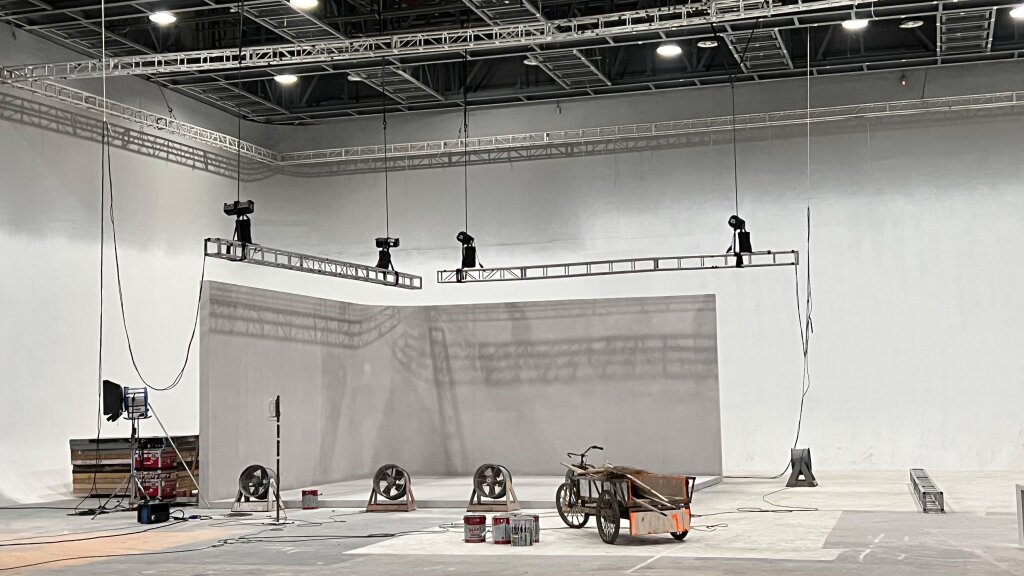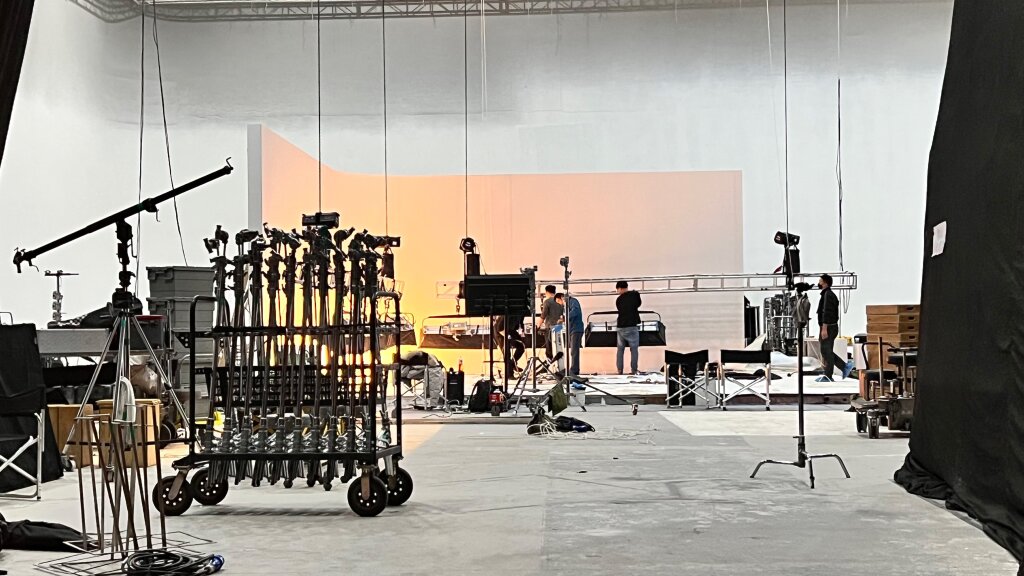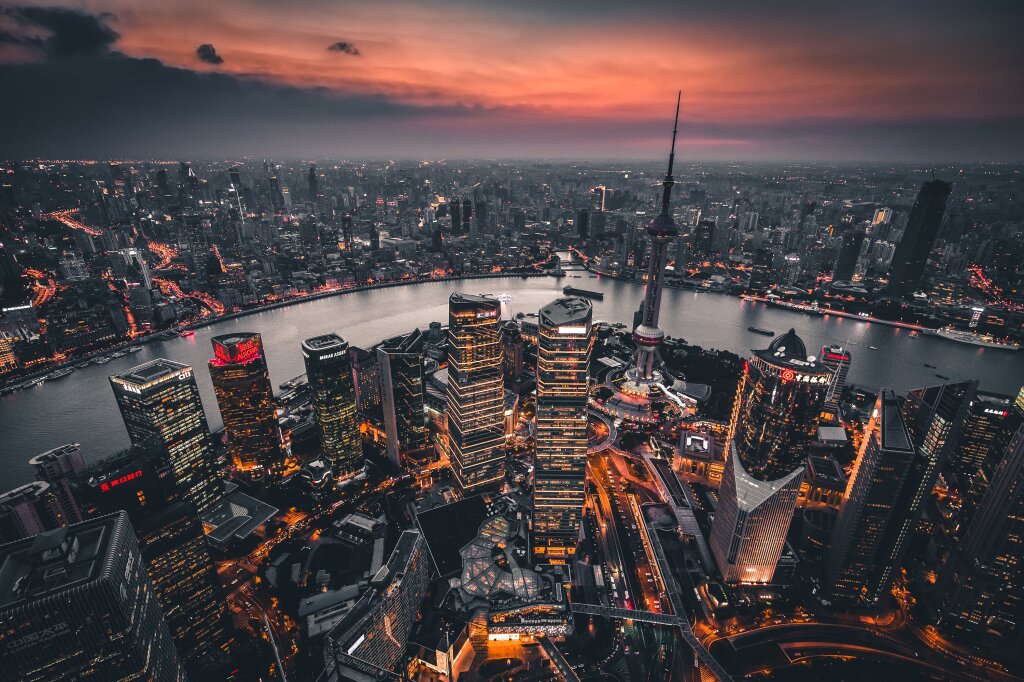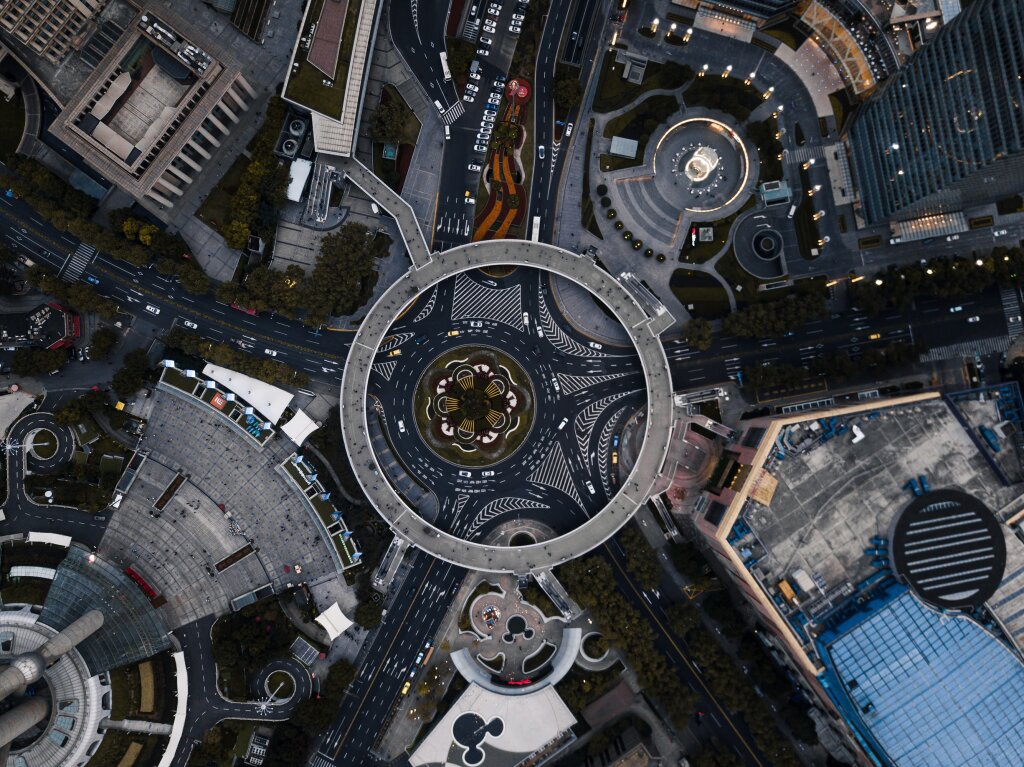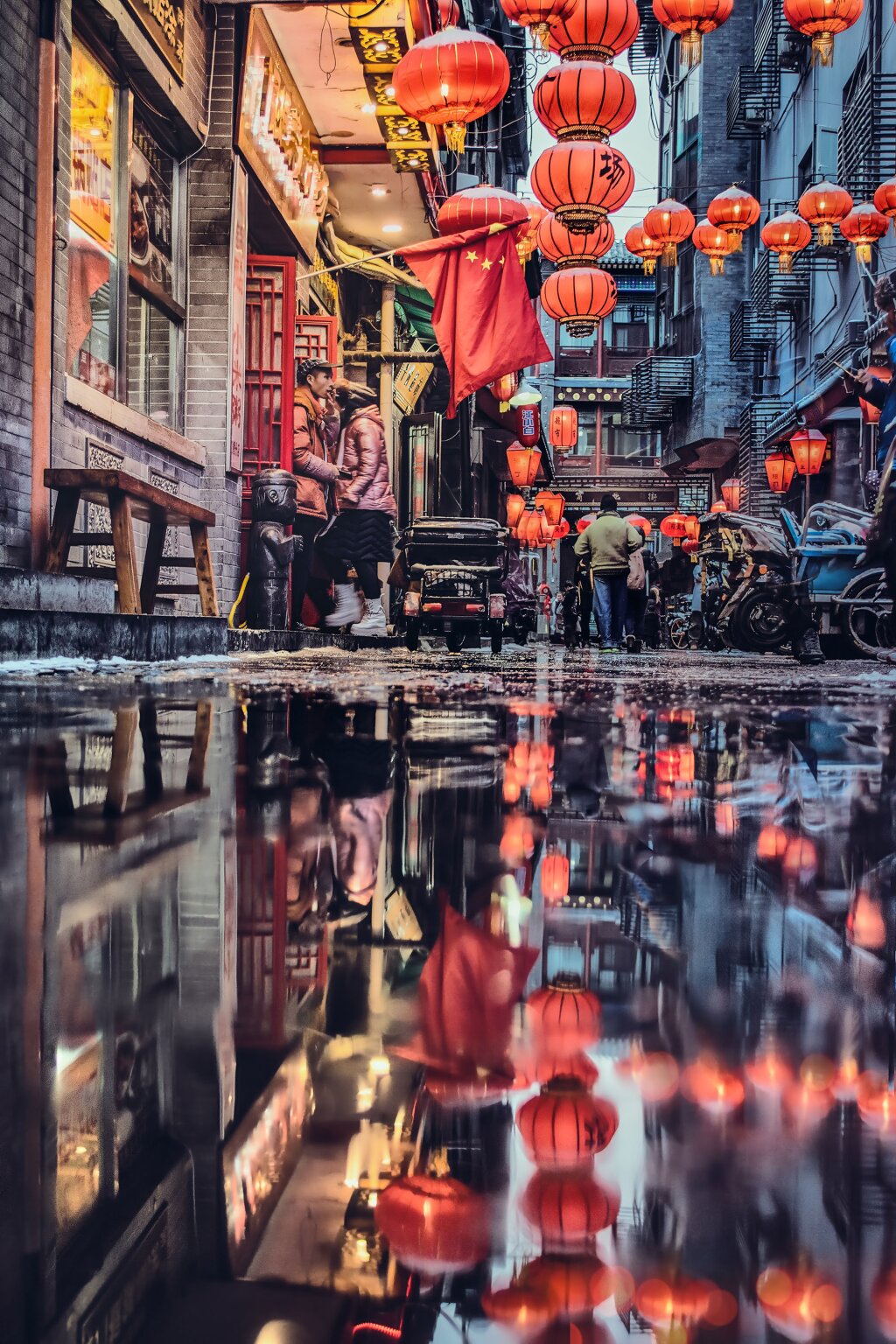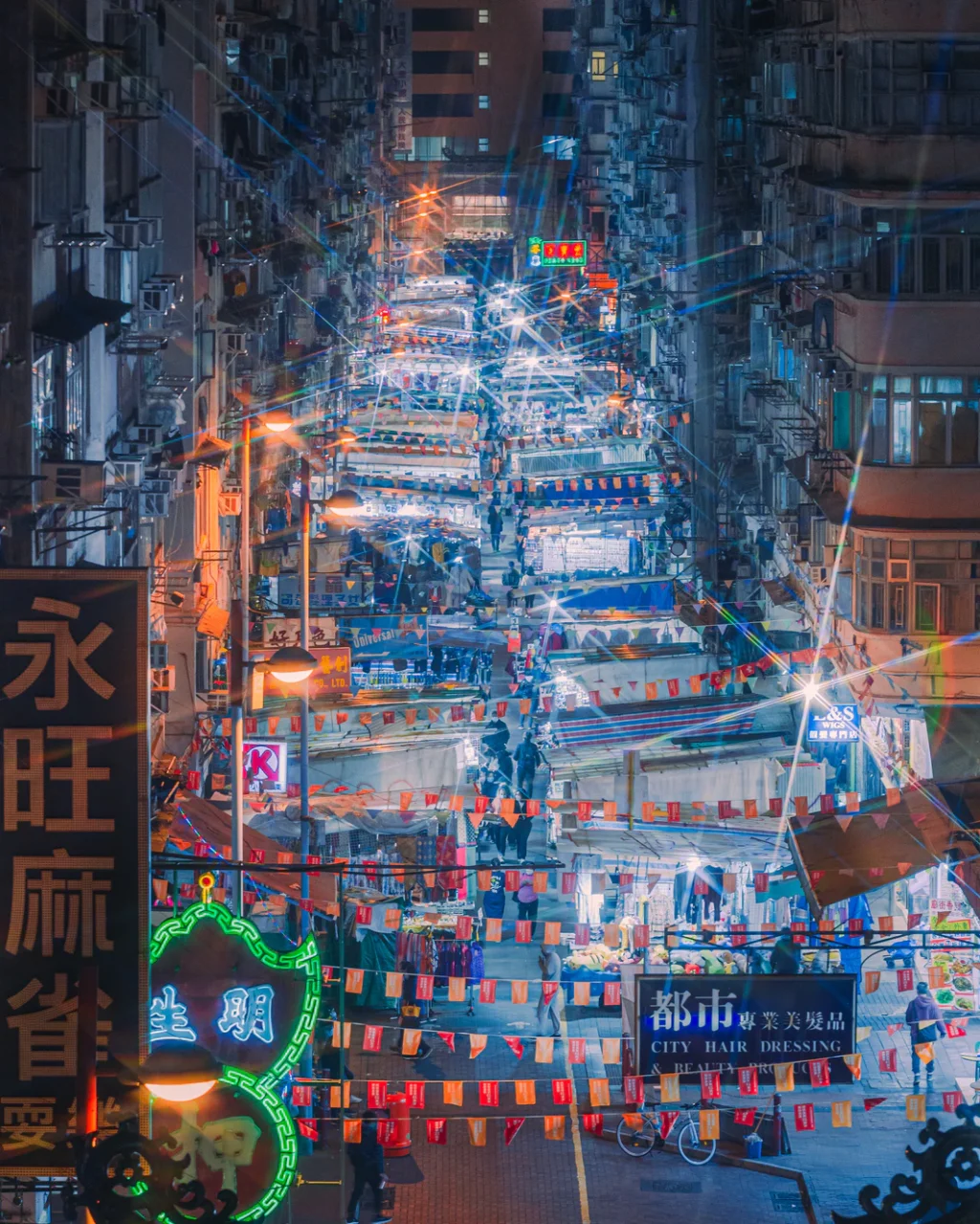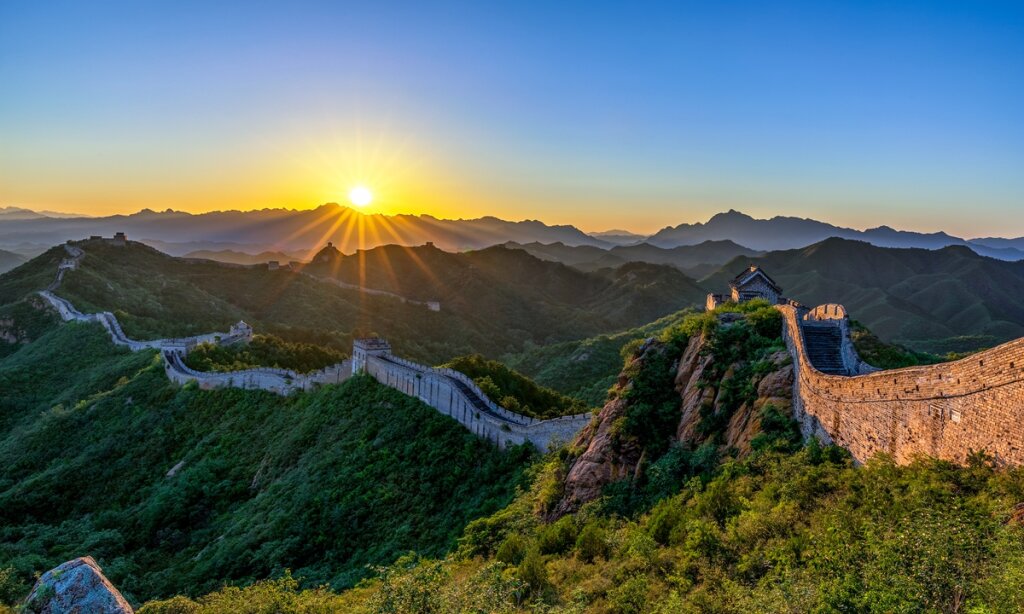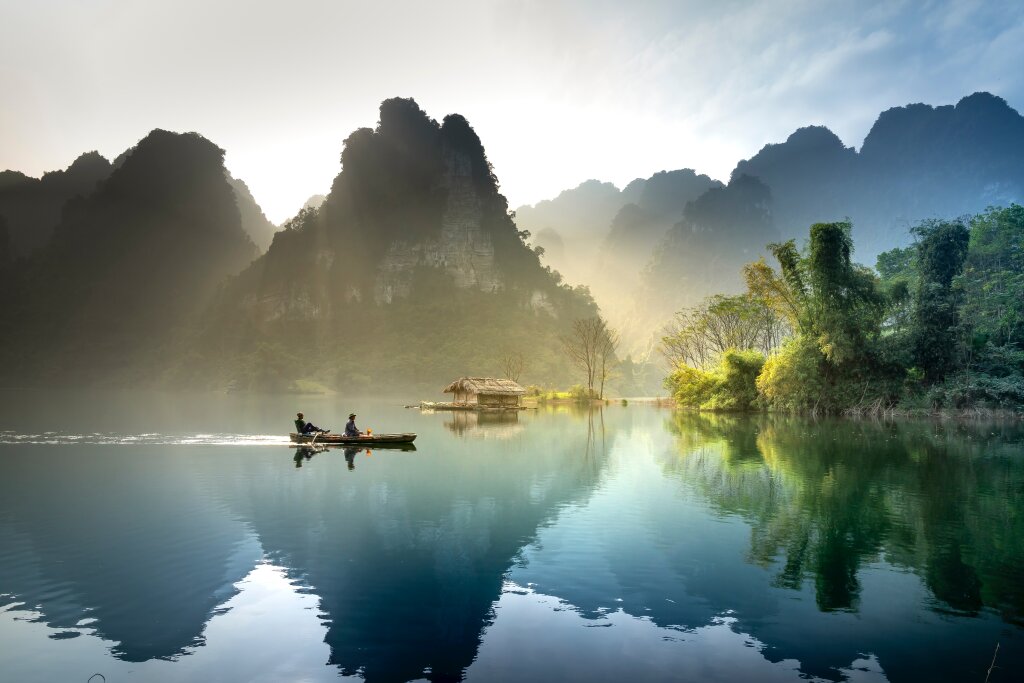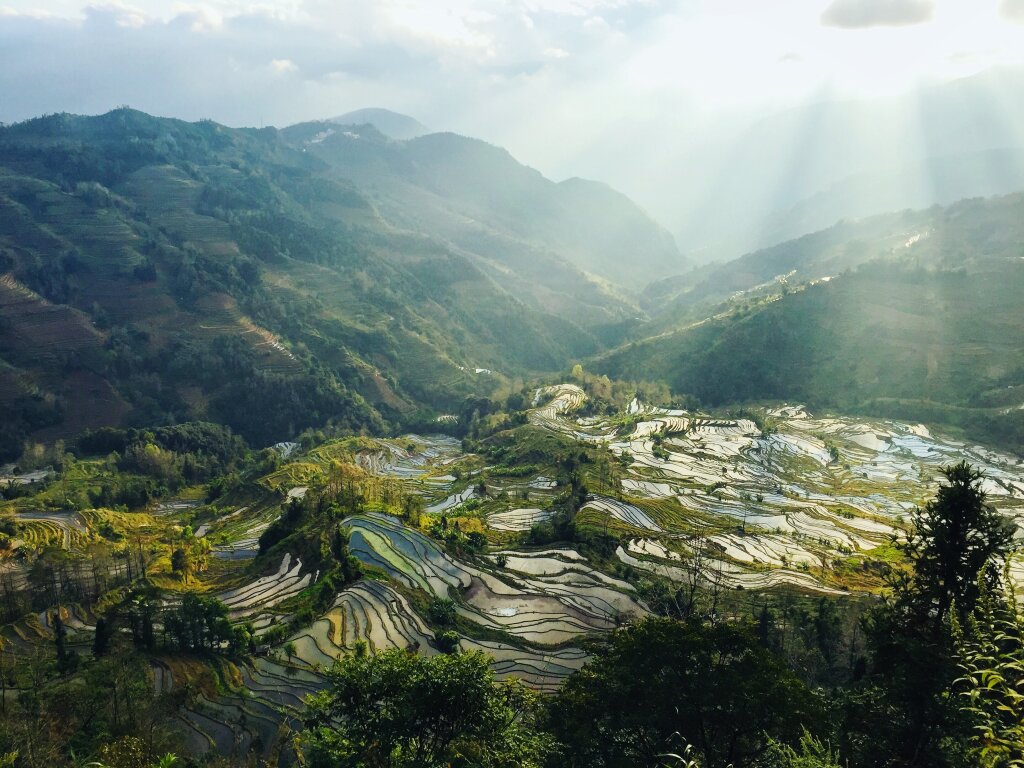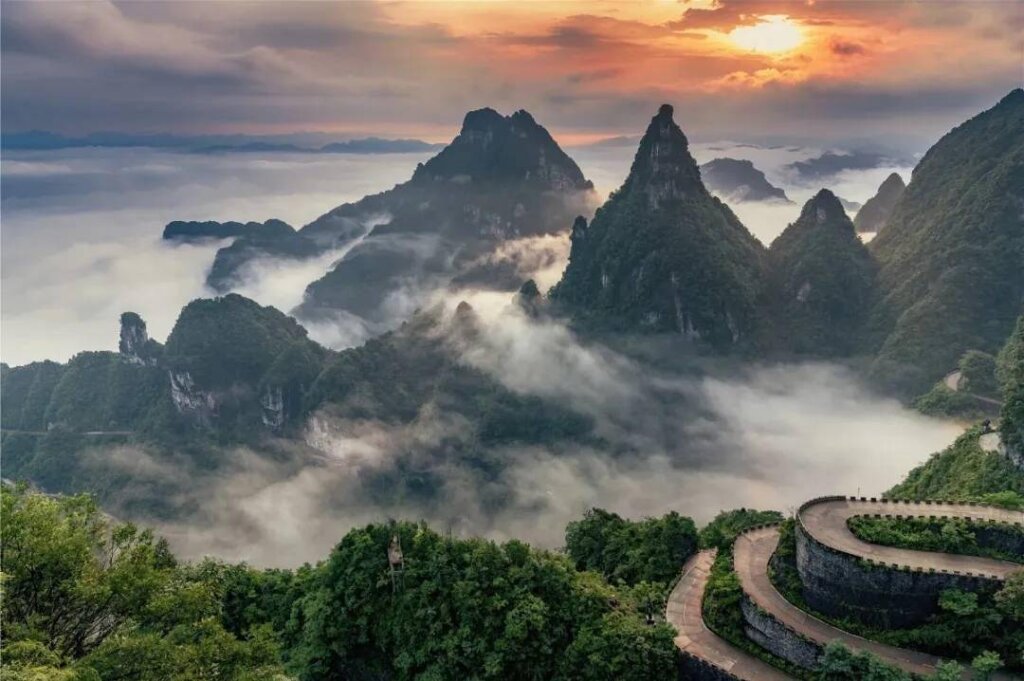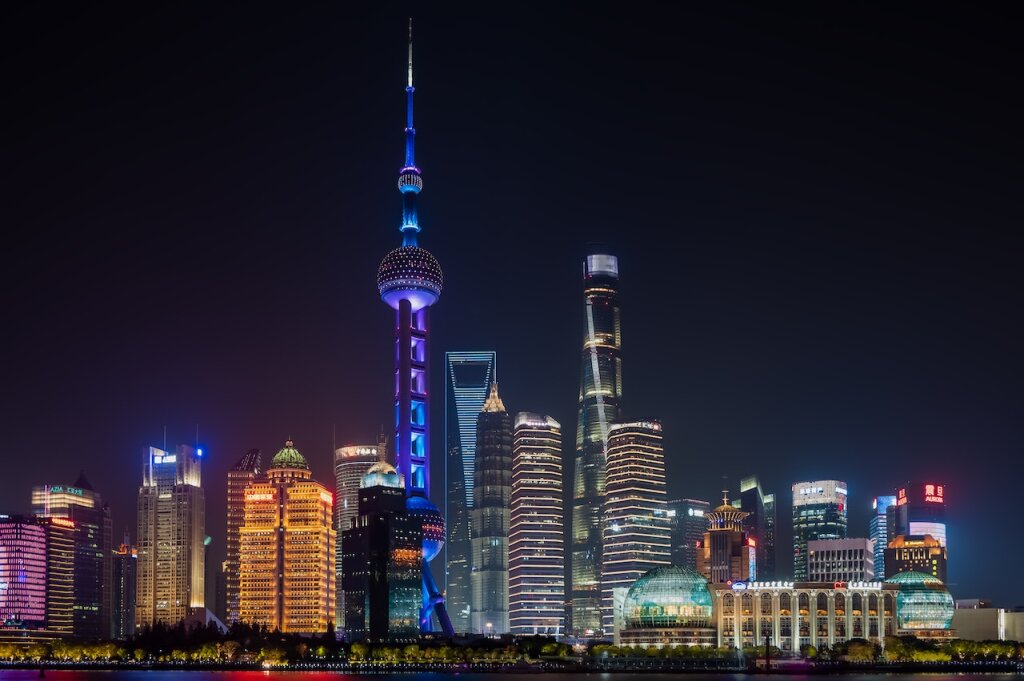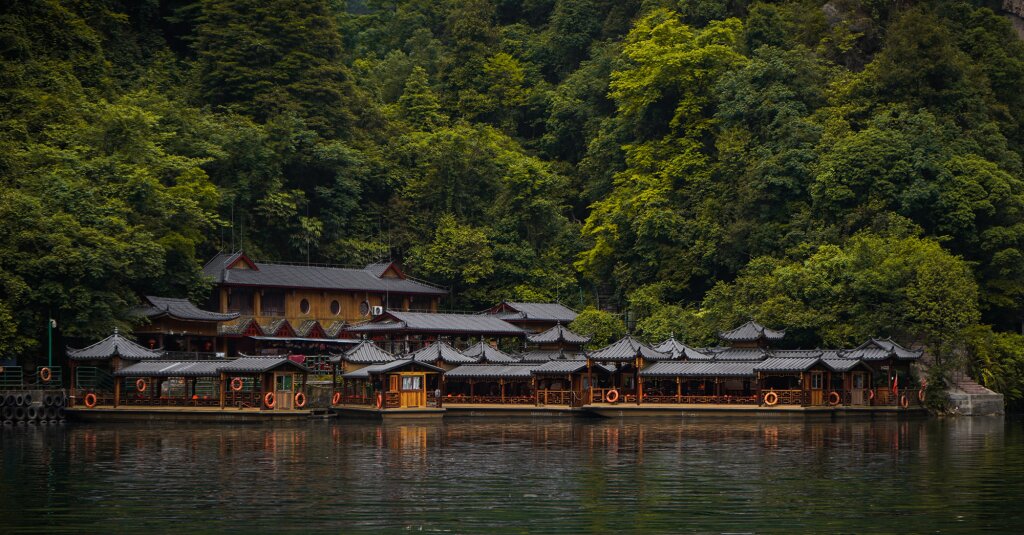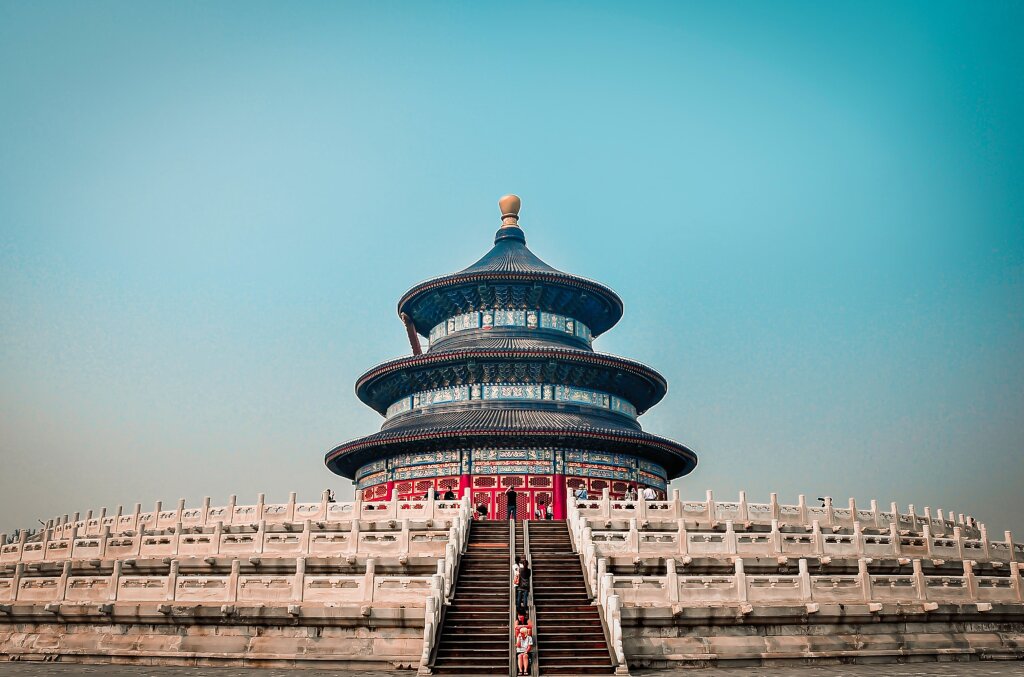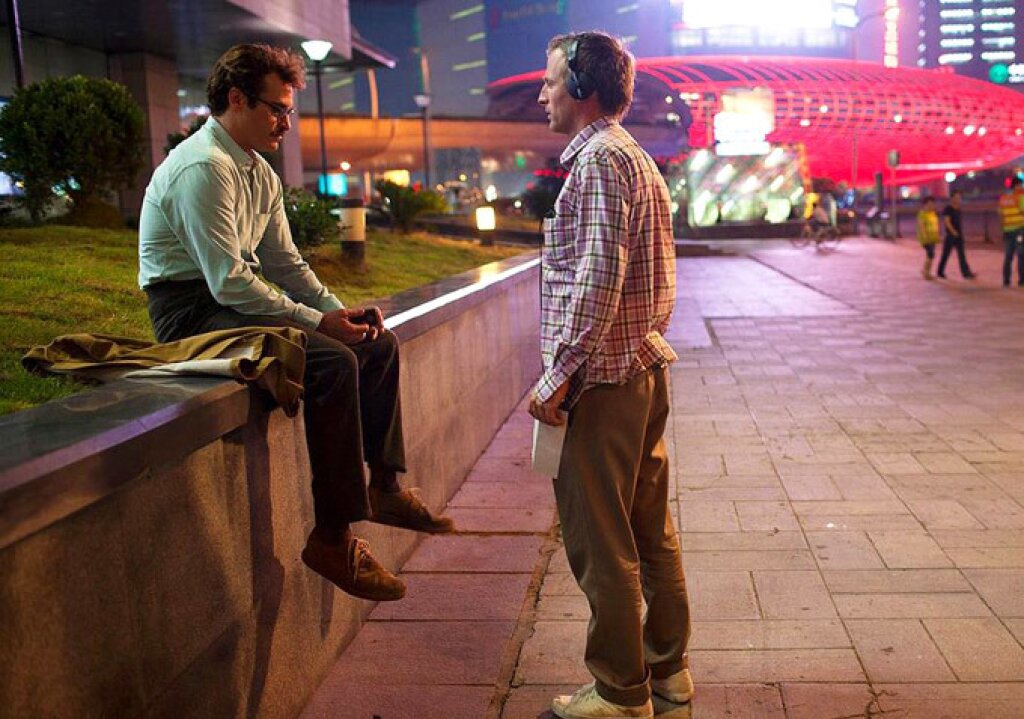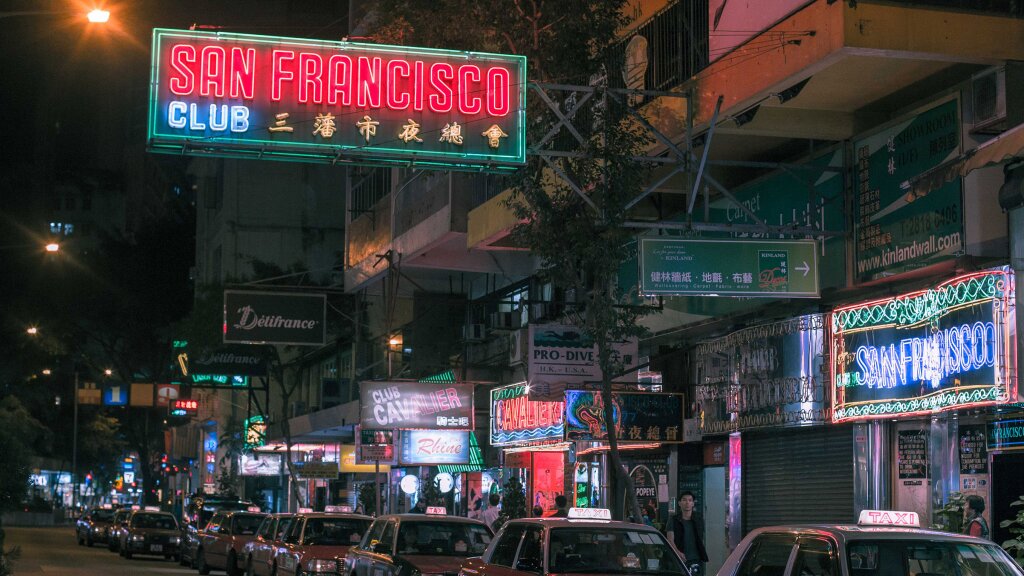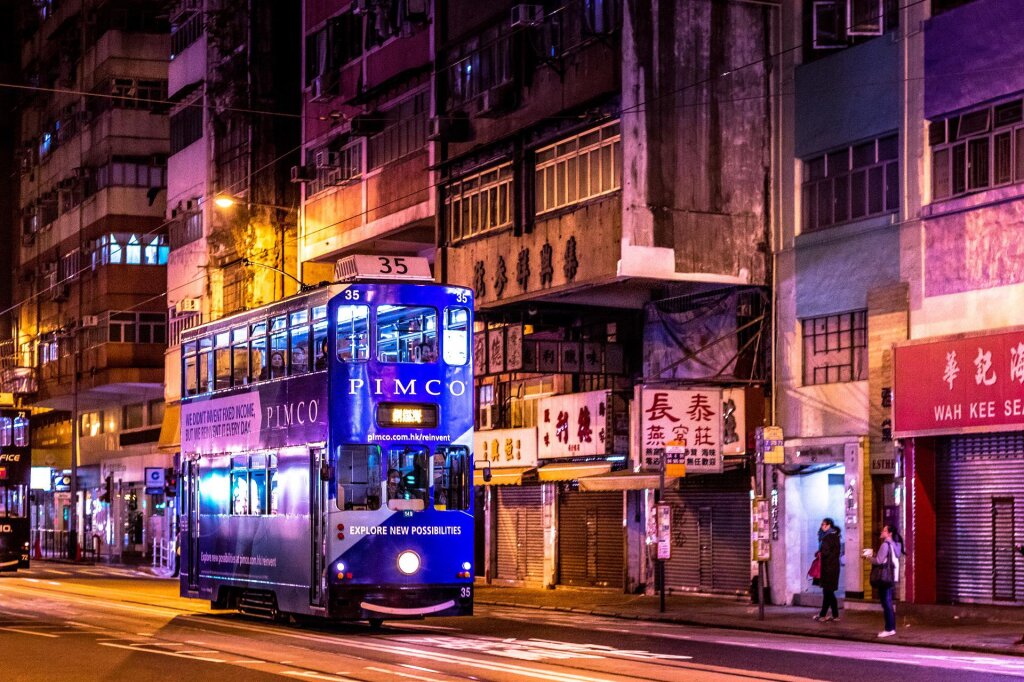Meet Michael McDermott from Gung-Ho Films in China
Many eyes have been on China during the pandemic, and now, post pandemic. What is the actual film status for China?
We are finally back in operation, almost 100%, after a long three year pause. China was locked down during the entire pandemic and there was no possibility to film live. We were able to do remote shootings during this time, which helped, but it took away the magic of what film is.
The restrictions are gone and since March we have been able to go about business as usual. There are still some things that have not yet returned to normal and several things that have changed from pre-COVID days. There is still little air traffic coming into China. Flights from the States were reduced from 350 flights per week to 8- now 12. Similar to other countries, people who worked in our industry and were out of work during COVID, found other avenues of employment (the catering business being a big one), so we’re slowly rebuilding our ground team here.
However, business is booming and we are consistently getting inquiries about shoots and filming in China. The luxury market is extremely good right now and luxury brands, who already established in the Chinese market, are using us to shoot their commercials.
What is Gung-Ho’s niche?
We work with international film production companies who want to shoot commercials, feature films, television, documentaries or artistic film projects in China and Hong Kong. We have three teams between Beijing, Shanghai and Hong Kong who work together, and have been working together for years, on our projects. Having the same team that knows each other well, knows the equipment, locations and sets, have given us a fluid and easy way to put productions quickly into place. Between these three hubs we have team members who are specialized in different areas, offering a diverse range of possibilities to meet the production needs of clients.
As an international film production service we help foreigners work easily in China, which in itself can be quite complicated. We understand the needs of foreigners and their standards and are able to provide high quality, professional production services for our clients. Our crews are English speaking and have been working in the field for many years.
China has a wide and varied range of locations throughout the country. There are beautiful nature places, colonial cities, beaches, harbors, modern architecture and futuristic cities to shoot in. We have a deep knowledge of these locations and the logistics involved in filming there.
We are able to facilitate whoever needs to film here- from small to large. The same expertise goes into each and every one of our productions.
What path led you to founding Gung-Ho?
I grew up in L.A. and in the business- my mother was an actress and my father was a producer. I was surrounded by film my entire childhood. My friends at school were actors/actresses and film was always the center of our lives.
I went to UCLA and got heavily into production while there. During my time in university, I also became really interested in China. I spent four years learning Chinese and six to seven years building up my film and production skills working in various settings from music videos to movies.
I was keen to find a way to marry these two interests and looked abroad to see what was going on in the world of film. I discovered Stillking in Prague and Moonlighting in South Africa and examined what they were doing. They were huge inspirations for me and I thought, if they can do it, then I can do it in China. They were pioneers in this industry and I set out to do the same.
In 2001, I founded Gung-Ho, using my intuition, inspiration and ideas. I took a huge risk in doing this because I was the first to set up a business like this in China. I had been following Salon Films, which has been based out of Hong Kong since the 1970s, for a long, long time. I knew that because of their huge success in the Asian market (and the world), that there was a niche and a need for a company like my own.
And so it began. Here we are 22 years later and we are still going strong.
How did you come to be a part of the GPN family?
I met Harry many years ago, before he even began GPN. When Harry set up GPN there were several networking platforms out there, but none had the personal touch. They were more a platform to connect people and then we, as producers, had to do the work to find the connections. I knew, even back then, that these wouldn’t work.
Harry, also a pioneer, had the vision of creating a personal network of global film producers who are the best of the best. Harry has an excellent eye and a developed skill set, which gave me complete trust in him. I knew when he recommended someone that I wouldn’t need to look any further. His judgement was the key to his success, and in turn, to many of our successes. I will be forever grateful to Harry and for the network that he has established. We are a family. I know that if I need to film abroad, with the GPN network I can easily make the professional, high quality connections that I need. And that is worth gold in this industry.
Why to shoot in China
If you're a filmmaker or production company considering shooting in China, you're in for an incredible visual and cultural experience. But before you embark on your cinematic journey, it's essential to understand the unique opportunities and challenges that come with filming in this vast and diverse country. In this guide, we'll explore why you should consider China for your next project, the top locations to shoot, the climate considerations, and much more.
When pitching your project to production companies, it's crucial to be upfront about what China can offer and what it can't. China is not a budget-friendly substitute for America or Europe, but it has its unique charm. The country's sheer size and distinctiveness can be both a challenge and an asset, offering a range of settings and visual opportunities.
While China may not always double for other countries, exceptions do exist. For example, Shanghai's recreated old street served as a convincing stand-in for European settings in "The Painted Veil." Additionally, Shanghai's futuristic skyline has been used successfully to depict a future world in films like "Her."
Key Advantages of Filming in China
Hardworking Crews: Chinese crews are known for their dedication and professionalism.
Abundance of Equipment Suppliers: Access to a wide range of equipment is readily available.
Unique Locations: From the Great Wall to modern cities, China offers diverse settings.
Massive Stages: Plenty of soundstages cater to large productions.
Vibrant Cities: Bustling cities like Shanghai and Beijing provide a rich backdrop.
Popular filming locations
Great Wall of China: An iconic historical place and the most sought-after location for productions.
Li River: Breathtaking landscapes in Guilin.
Yunnan's Tea Fields: Stunning terraced fields.
Zhangjiajie Mountains: Otherworldly rock formations.
Pandas: China's national treasure.
Shanghai's Modern Architecture: Futuristic urban scenes.
Old and New: China juxtaposes ancient and contemporary in one frame.
China's Filmmaking Advantages
Climate and Shooting Seasons: China's vast geography encompasses various climates. Generally, the fall is the best time to shoot, while winter, with its potential for snow, is often less ideal.
Infrastructure for Large Productions: China boasts an impressive infrastructure for supporting large productions, including state-of-the-art cameras, casting services, experienced crews, and numerous studios and backlots.
Most Successful Production to Date: Gung-Ho's most significant achievement was "Her," directed by Spike Jonze, which was partially shot in Shanghai and seamlessly transformed the city into a futuristic world.
Insider tips
Do: Treat local crews and the country with respect.
Do: Embrace the culture and be friendly.
Don't: Approach the project with a negative attitude.
Number One Tip for Filmmakers in China: Hire a production service company with a stellar track record and strong word of mouth.
Recommended Hotels (Shanghai): Puli Hotel for its Zen vibe and meeting space.
Recommended Hotels (Beijing): The Opposite House for its central location and Asian interior design.
Best Bars/Restaurants: In Beijing, explore authentic restaurants in the old city. Don't miss Din Tai Fung for dumplings in Shanghai and Da Dong for traditional Beijing roast duck.
Tourist Recommendations: China is a treasure trove of cultural and natural wonders. Ask your local production crew for recommendations or consider extending your stay to explore this fascinating country further.
Shooting a film or campaign in China is a unique and rewarding experience. While it comes with its challenges, the country's rich cultural heritage, diverse landscapes, and world-class infrastructure make it an increasingly attractive destination for filmmakers. With the right preparation, a respectful attitude, and local expertise, your production in China can be a resounding success, creating memorable cinematic moments that captivate audiences worldwide.
Learn more about Gung-Ho Films


